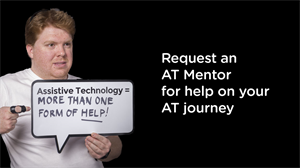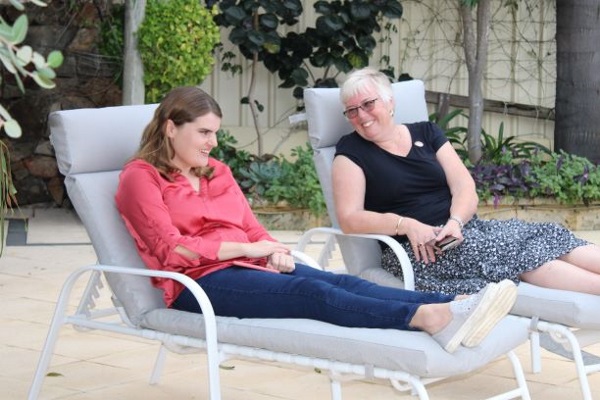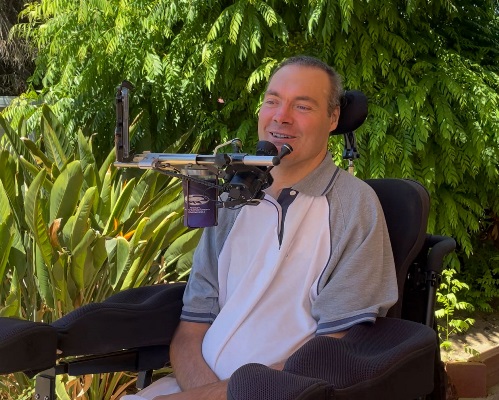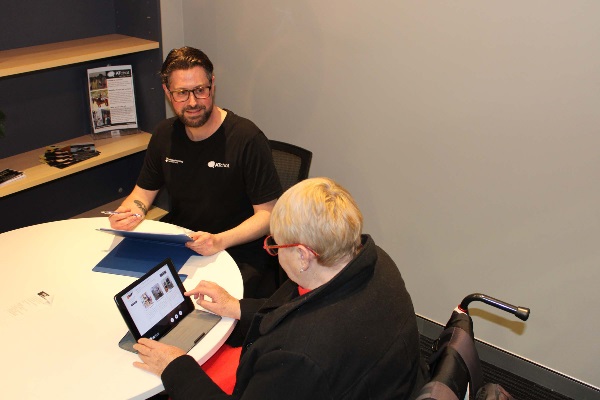What is self-advocacy?
-(1).jpg?sfvrsn=6dcd87ba_2)
At its core self-advocacy is about individuals making choices about themselves, for themselves, and having those choices listened to. This can lead to greater independence, as well as accepting the risk of making mistakes and taking responsibility for the result of their decisions.
Studies have also shown that self-advocacy can positively impact individuals’ perception of themselves, their confidence and leadership skills, as well as that of their communities and supports.
Why is self-advocacy important for assistive technology (AT) users?
- Everyday situations may require self-advocacy skills.
- It’s very important to have AT that is right for you, for some individuals not using AT or not using the correct AT could put them in danger.
- Not having the correct AT can also mean that you miss out on activities that you enjoy.
- You are the expert on your own body and brain, so you are the best person to speak out about what you need and want from AT.
What are the potential barriers to self-advocacy for AT users?
A lack of knowledge may be a barrier, for example, if you don’t know:
- What you need.
- Whether a solution exists.
- Where to start looking.
Self-advocacy might be difficult due to concerns about the opinions of others, for example:
- Medical and allied health professionals, family members and friends might discourage you from making decisions about your AT from a belief that they know your needs better than you do.
- You don’t want to be a bother or make a fuss.
- You’re concerned about social stigma, and that using AT might make your disability more obvious.
- You might not feel that you’re in the right headspace, or not ready.
- You might be concerned about cost, whether you can afford the AT or whether it will be funded.
Confidence may be a barrier for some people, especially if:
- Information is hard to find or hard to understand.
- You’re not comfortable speaking up for yourself.
- You don’t have skills and practice in being assertive.
You might feel that you need assistance, for example:
- To gather information.
- To make good choices.
- To complete paperwork or forms.
In our next article, we will consider the perspective of people living in rural and remote areas, barriers to them accessing AT, and tips that can assist with self-advocacy.
References:
Ryan, T., Griffiths, S. (2015). Self-advocacy and its impacts for adults with developmental disabilities. Australian Journal of Adult Learning, 55 (1), 31-53. Retrieved from: https://files.eric.ed.gov/fulltext/EJ1059141.pdf

If you would like personalised support to find and purchase AT to meet your needs using your NDIS funds, follow this link to book an AT Mentor.



